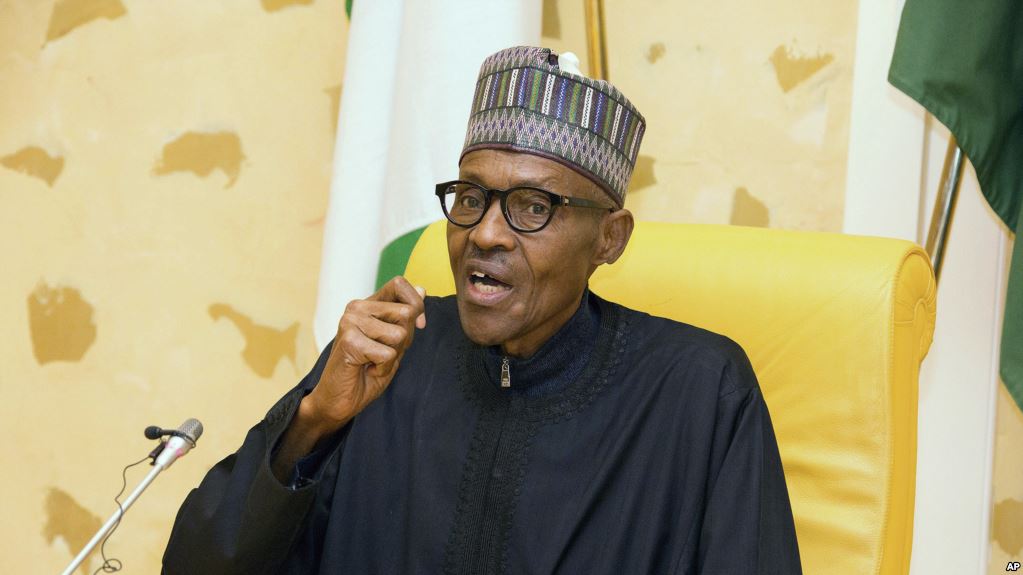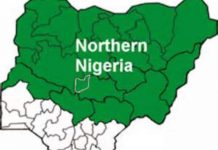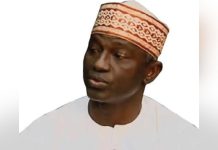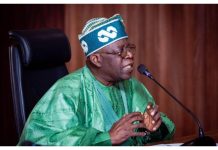…in the last four years, discussions around options for the Nigerian economy have come up hard against the almost Soviet socialist predilections of President Buhari. In this context, it is hard to insist that over the next four years, the central task of boosting domestic productivity would be best achieved by improving the conditions for private sector responses…
In the end, the 2019 presidential election had all the pizazz of a damp squib. Barring adverse outcomes of the opposition Peoples Democratic Party (PDP)’s insistence that it was the reluctant beneficiary of sharp practices at the polls, the federal government’s fortunes will be husbanded by the All Progressives Congress (APC) for the next four years.
What to make of this?
On the positive side, we ought to be spared the whining about how poorly APC’s predecessor had managed the country. This was a key aspect of the incumbent government’s response to complaints about its slow pace in its first term. At a different level, spokespersons for the Buhari government have argued that the four years up to mid-March 2019 were used to fix the rot that the government inherited. On this reasoning, the next four years ought to be for ramping up domestic economic indices and ensuring their irreversibility. Isn’t this the whole point of the argument that four years isn’t enough for a serious government to complete the process of turning an economy around?
Alas, these arguments make sense only if you do not look too hard at the numbers for the economy. A cursory examination of Nigeria’s balance sheet reveals that oil exports remain the main source of foreign exchange earnings for the country. In other words, not even the crime-busting Buhari administration has managed the pivot away from dependence on hydrocarbon exports necessary, if the economy is to be “diversified”. Budgets at the centre and at sub-national levels are still skewed in favour of recurrent spending. On an annual basis, we still struggle to spend up to 45 per cent of appropriations for capital expenditure at the centre.
Again, not even this government has found the key to unlocking increase in the economy’s long-term production capacity. Even if we accepted the numbers on employment in agriculture, lower output growth from that sector speaks to falling productivity numbers. Besides, it is counter-intuitive to argue that Nigeria’s growth will happen on the back of a reverse migration from the cities to our rural areas in support of agriculture. And the nation’s debt burden grows.
Inflation remains elevated. And as the number for unemployment worsens — for the youth, this measure of our society’s health is approaching unsustainable levels. Does it matter that both these measures speak to the health of consumer spending? And that this, in turn, speaks to the prospects for growth in business investments?
This list of poor data on the economy’s performance is almost endless. But the main point is that the economy today would be easily recognisable to a Nigerian who lived through the late 1970s, when the bottom first fell off the global crude oil market. Some would even argue that in a very narrow sense, ideologically, at least, the economy is back to the 1960s, when it was the fad that “progressive” governments had of necessity, first, to control the commanding heights of the economy, and every other thing would be added to them.
All these demand that we impress on the Buhari government the fact that despite its best wishes (and his supporters constantly remind us that he only wishes Nigerians well), the country’s outlook has worsened on his watch.
Inflation remains elevated. And as the number for unemployment worsens — for the youth, this measure of our society’s health is approaching unsustainable levels. Does it matter that both these measures speak to the health of consumer spending? And that this, in turn, speaks to the prospects for growth in business investments? The answers to these questions are a resounding “Yes!” Just as it matters that the federal government’s large appetite for debt has been the main driver of higher interest rates in the past four years. We are clearly not a low rate (whether it is inflation or the cost of money) environment, but there is incontrovertible evidence that private sector access to credit is increasingly constrained by the federal government’s bulimia for borrowing.
Still, in the last four years, discussions around options for the Nigerian economy have come up hard against the almost Soviet socialist predilections of President Buhari. In this context, it is hard to insist that over the next four years, the central task of boosting domestic productivity would be best achieved by improving the conditions for private sector responses — better use of price signals, and more competent regulatory intervention in support of consumer welfare, etc.
…government will have to raise revenues if its debt service burden is not to break the proverbial camel’s back. How to do this? By how much will the rate on value added taxes go up? And would we have both the nous and the political will to raise the pump station price of petrol?
It would be harder still to argue that the management of the monetary policy space over the last four years has been less than stellar. How can you argue against the popular position that the clearest evidence of success in this space is the fact that the naira’s exchange rate has been relatively stable? Except by pointing out the cost to the economy of maintaining this stability. One argument in support of a naira depreciation this year is not because current central bank policies have resulted in an over-valued naira. Rather it is out of concern that the central bank may have run down the gross external reserves in this process. Without reserves to support its myriad interventions in the different local markets for foreign exchange, there would be few options left to the apex bank than to let the naira slide.
Given these dynamics, are we able, over the next three months to replace the central bank governor with a technocrat, a monetary economist at PhD level, who understands how important price stability is to the Nigerian economy? I don’t think so. Nor does anyone knowledgeable on this matter that I have had the privilege of sharing a meal with. The other consensus across economists that I have spoken to (pity that the government does not take their counsel for much) is that government will have to raise revenues if its debt service burden is not to break the proverbial camel’s back. How to do this? By how much will the rate on value added taxes go up? And would we have both the nous and the political will to raise the pump station price of petrol?
Evidently the fiscal side of the national accounts needs an infusion of competence no less than the monetary side does. The problem is that the reforms necessary to bring the fiscal side of government’s books up to scratch would impose financial burdens on Nigerians lower down the pyramid. Up against a government whose main pitch has been how efficiently it has imposed a burden on affluent sections of the society (without necessarily improving welfare at the bottom of the pyramid), these changes will be difficult to put forward and swallow.
Then, again, the “democratisation of poverty” that was the main selling point of the Buhari government in its first four years in office was never a strong philosophical basis for good government.







